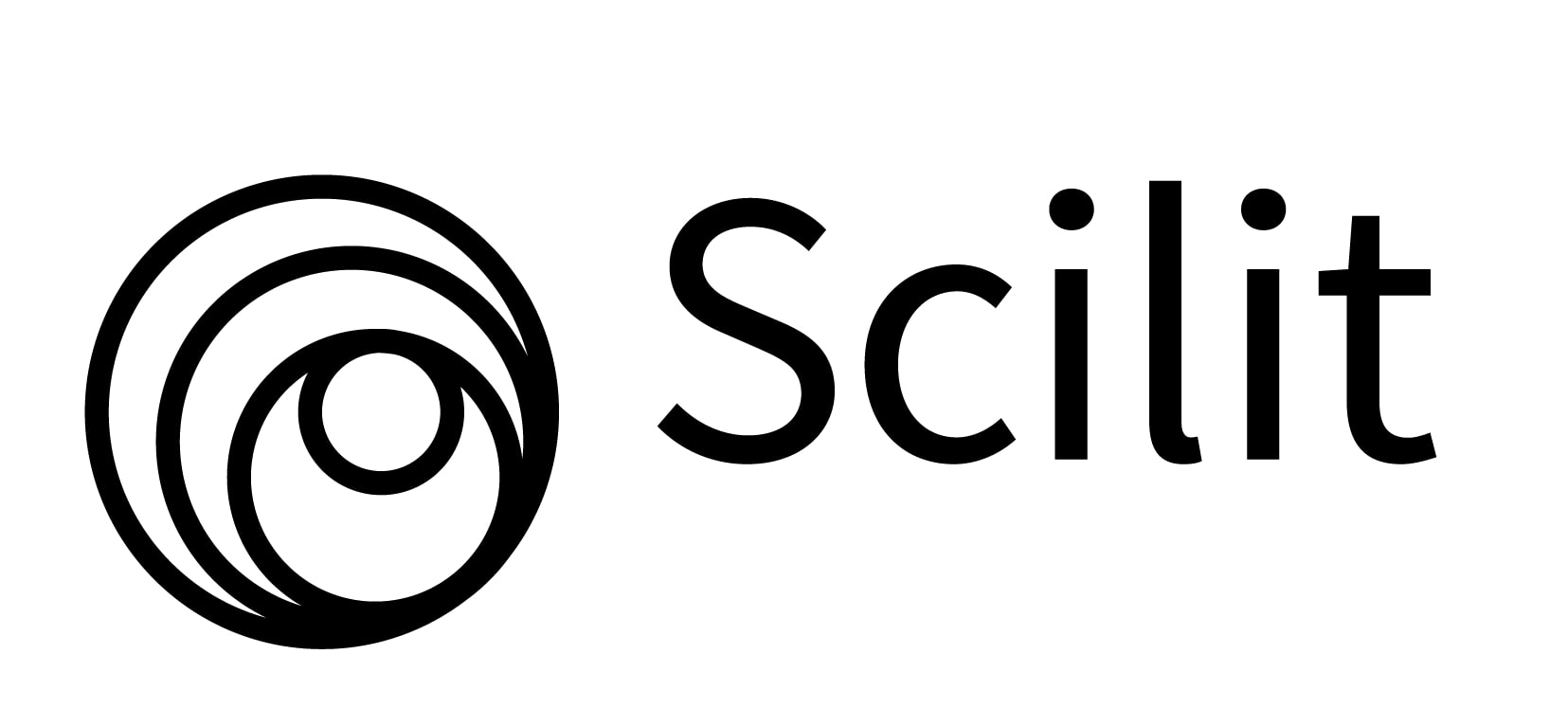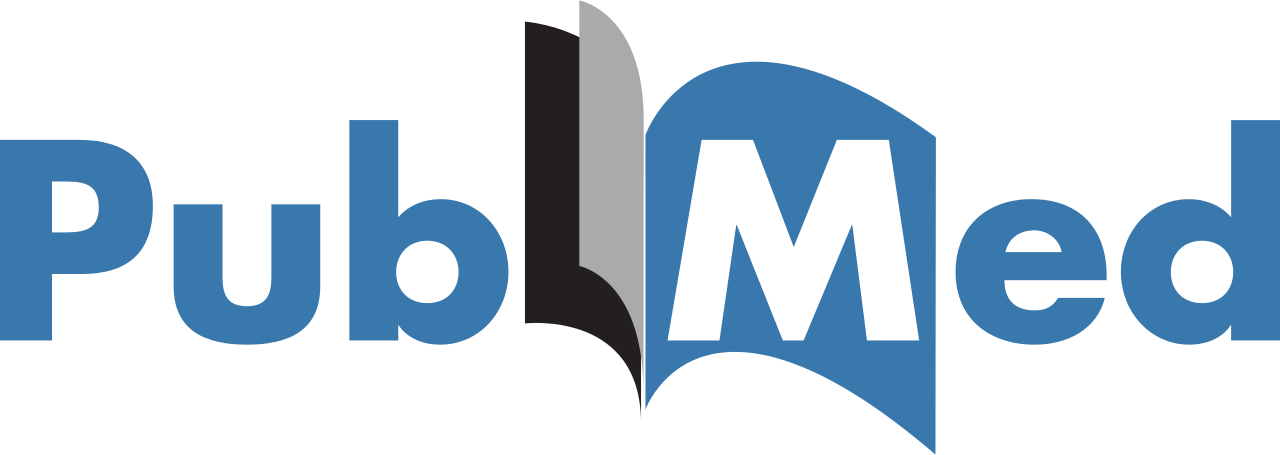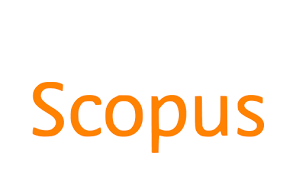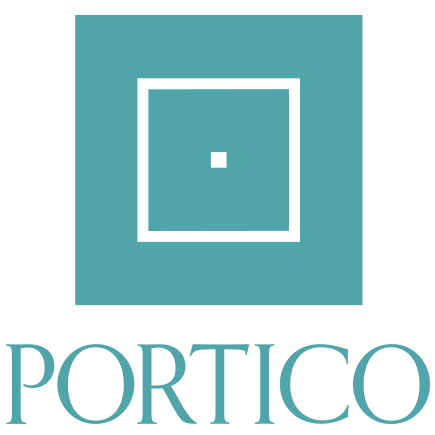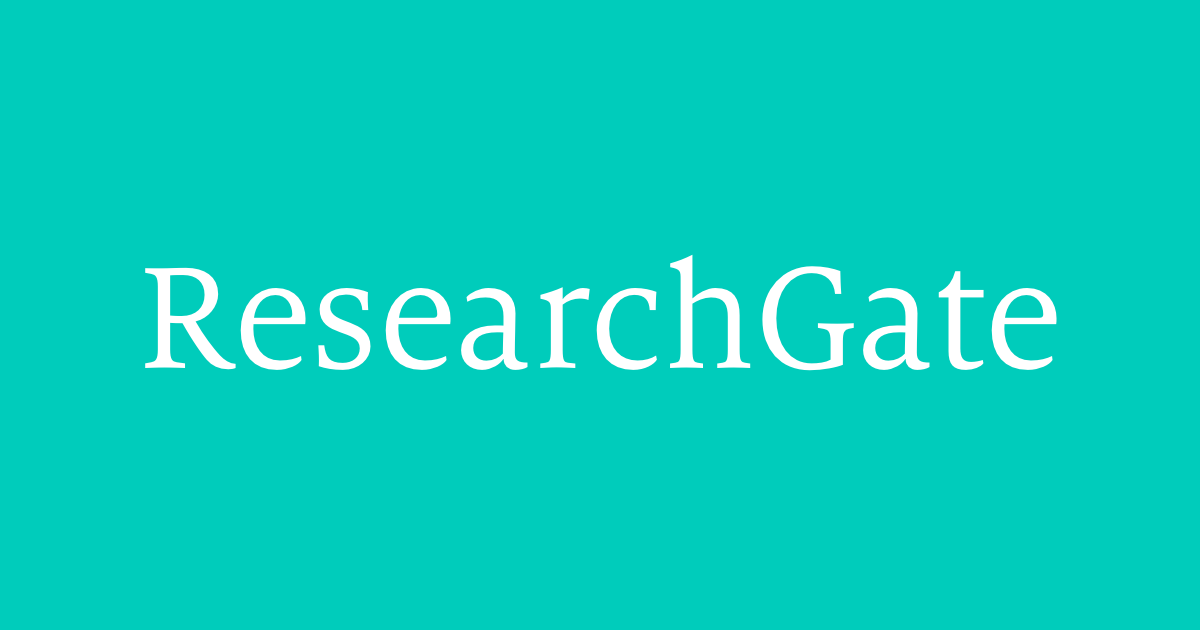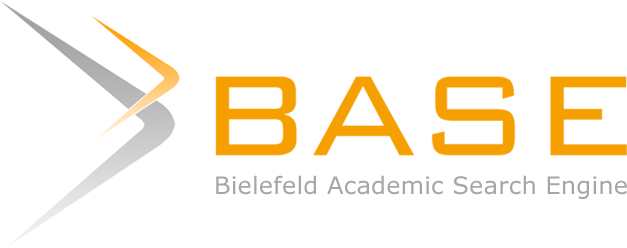International Journal of Cancer Science & Therapy
- About Journal International Journal of Cancer Science & Therapy (ISSN 2806-0989)
- In Press
- Editor-in-chief
- Editorial board
- Current Issue
- Submit Manuscript
- Publication Charges
- Archive
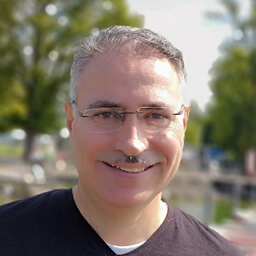
Star Rating:
★★★★★
Feedback
Galley Proof & Review: Very Satisfied
Response Time: Very Satisfied
Published Article: Very Satisfied
Message: It was great working with you.
Jawad Alzeer

Star Rating:
★★★★★
Feedback
Galley Proof & Review: Very Satisfied
Response Time: Very Satisfied
Published Article: Very Satisfied
Message: Good quality.
Marco De Monti

Star Rating:
★★★★★
Feedback
Galley Proof & Review: Very Satisfied
Response Time: Very Satisfied
Published Article: Very Satisfied
Message: Good.
Dr Krupal M Patel
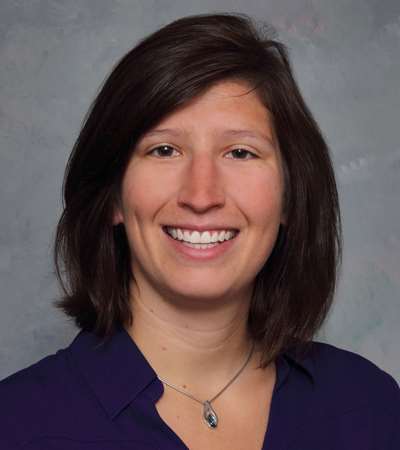
Star Rating:
★★★★★
Feedback
Galley Proof & Review: Very Satisfied
Response Time: Very Satisfied
Published Article: Very Satisfied
Kathryn Haberman
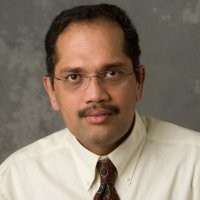
Star Rating:
★★★★★
Feedback
Publishing Experience: It's about what I was expecting.
Srinivas Janaswamy

Star Rating:
★★★★★
Feedback
Galley Proof & Review: Very Satisfied
Response Time: Very Satisfied
Published Article: Very Satisfied
Message: Thanks for the highly organised process
Jawad Alzeer

Star Rating:
★★★★☆
Feedback
Galley Proof & Review: Satisfied
Response Time: Satisfied
Published Article: Satisfied
Message: I am satisfied. Thank you for your fair evaluation of the submitted paper.
Toshiko Kato

Star Rating:
★★★★☆
Feedback
Galley Proof & Review: Satisfied
Response Time: Satisfied
Published Article: Satisfied
Message: Your services are good.
George Eleje

Star Rating:
★★★★★
Feedback
Galley Proof & Review: Very Satisfied
Response Time: Satisfied
Published Article: Satisfied
Ingiridur Skirnisdottir

Star Rating:
★★★★★
Feedback
Galley Proof & Review: Very Satisfied
Response Time: Satisfied
Published Article: Very Satisfied
Augusta Cardoso

Star Rating:
★★★★★
Feedback
Galley Proof & Review: Very Satisfied
Response Time: Very Satisfied
Published Article: Very Satisfied
DR JYOTI PUSHKAR DESHPANDE

Star Rating:
★★★★★
Feedback
Publishing Experience: It has exceeded my expectations
Message: Very efficient and fast, Thank you.
Alessandro Gennai

Star Rating:
★★★★★
Feedback
Galley Proof & Review: Very Satisfied
Response Time: Very Satisfied
Published Article: Very Satisfied
Agustin Diaz Alvarez

Star Rating:
★★★★★
Feedback
Galley Proof & Review: Satisfied
Response Time: Very Satisfied
Published Article: Very Satisfied
Bazoukis Xenophon

Star Rating:
★★★★☆
Feedback
Galley Proof & Review: Satisfied
Response Time: Satisfied
Published Article: Satisfied
Eduardo González

Star Rating:
★★★★★
Feedback
Galley Proof & Review: Very Satisfied
Response Time: Very Satisfied
Published Article: Very Satisfied
CATHERINE ROY

Star Rating:
★★★☆☆
Feedback
Galley Proof & Review: Very Satisfied
Response Time: Very Satisfied
Published Article: Very Satisfied
Burhan Abdollahi

Star Rating:
★★★★☆
Feedback
Galley Proof & Review: Very Satisfied
Response Time: Very Satisfied
Published Article: Very Satisfied
Antoine El Khoury

Star Rating:
★★★★★
Feedback
Galley Proof & Review: Satisfied
Response Time: Satisfied
Published Article: Very Satisfied
Dhara Dave

Star Rating:
★★★★★
Feedback
Publishing Experience: It's about what I was expecting
Anonymous

Star Rating:
★★★★☆
Anonymous

Star Rating:
★★★★☆
Anonymous

Star Rating:
★★★★☆
Feedback
Publishing Experience: It's about what I was expecting
Igor Ivanovich Larkin

Star Rating:
★★★★☆
Feedback
Publishing Experience: It's about what I was expecting
Ikechukwu Ulasi

Star Rating:
★★★★★
Feedback
Galley Proof & Review: Satisfied
Response Time: Satisfied
Published Article: Satisfied
John C. Chang

Star Rating:
★★★★★
Feedback
Galley Proof & Review: Very Satisfied
Response Time: Very Satisfied
Published Article: Very Satisfied
Ingiridur Skirnisdottir

Star Rating:
★★★★★
Feedback
Galley Proof & Review: Very Satisfied
Response Time: Satisfied
Published Article: Satisfied
Louai Alsaloumi

Star Rating:
★★★★★
Feedback
Galley Proof & Review: Very Satisfied
Response Time: Very Satisfied
Published Article: Very Satisfied
Message: Great working with you!
Nicole Greeff

Star Rating:
★★★★☆
Feedback
Galley Proof & Review: Satisfied
Response Time: Satisfied
Published Article: Satisfied
Lawrence Siu-Yung Chan

Star Rating:
★★★★★
Feedback
Galley Proof & Review: Satisfied
Response Time: Satisfied
Published Article: Satisfied
Samba Niang

Star Rating:
★★★★★
Feedback
Galley Proof & Review: Very Satisfied
Response Time: Very Satisfied
Published Article: Very Satisfied
Message: Good publication journal
Shridhar Ghagane

Star Rating:
★★★★★
Feedback
Galley Proof & Review: Very Satisfied
Response Time: Very Satisfied
Published Article: Very Satisfied
Katia Avina Padilla

Star Rating:
★★★★★
Feedback
Galley Proof & Review: Very Satisfied
Response Time: Very Satisfied
Published Article: Very Satisfied
Rosita Bihariesingh

Star Rating:
★★★★☆
Feedback
Galley Proof & Review: Satisfied
Response Time: Satisfied
Published Article: Satisfied
Sifaki Freideriki

Star Rating:
★★★★★
Feedback
Galley Proof & Review: Very Satisfied
Response Time: Very Satisfied
Published Article: Very Satisfied
Chandra Shekhar Joshi

Star Rating:
★★★★★
Feedback
Galley Proof & Review: Very Satisfied
Response Time: Very Satisfied
Published Article: Very Satisfied
Narayana Nagesh

Star Rating:
★★★★★
Feedback
Galley Proof & Review: Very Satisfied
Response Time: Very Satisfied
Published Article: Very Satisfied
Vera Beatris Martins

Star Rating:
★★★★★
Feedback
Galley Proof & Review: Very Satisfied
Response Time: Very Satisfied
Published Article: Very Satisfied
Mahmoud M. Sebaiy

Star Rating:
★★★★☆
Feedback
Galley Proof & Review: Satisfied
Response Time: Satisfied
Published Article: Satisfied
Richa Chauhan

Star Rating:
★★★★★
Feedback
Galley Proof & Review: Very Satisfied
Response Time: Very Satisfied
Published Article: Very Satisfied
Juan Carlos Ibañez
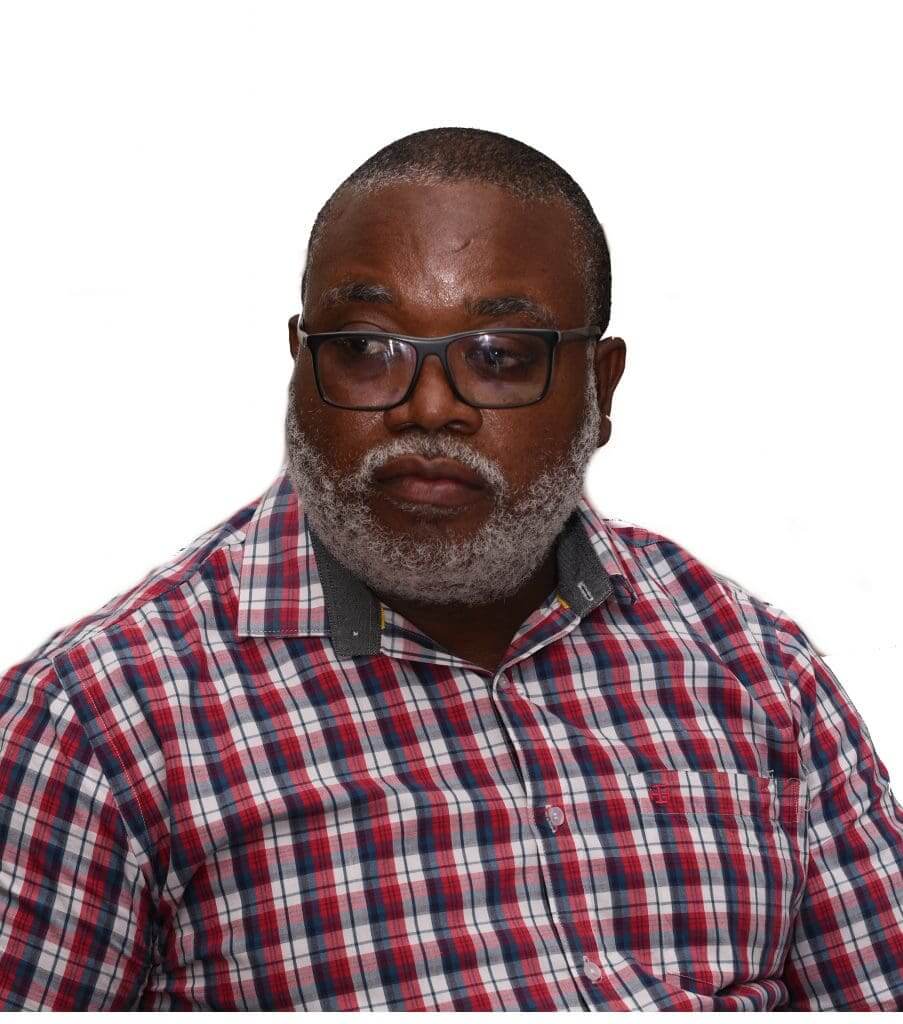
Star Rating:
★★★★☆
Feedback
Publishing Experience: It's about what I was expecting
Seke Manase Ephraim Kazuma
International Journal of Cancer Science & Therapy (Int J Cancer Sci Ther) (ISSN 2806-0989)
APC Waiver
We are pleased to inform you that the journal will waive the Article Publishing Charge untill 18th April, 2025.
This will be applicable for any submissions received before 18th April, 2025, which are accepted for publication after peer review.
NLM ID: 101770443
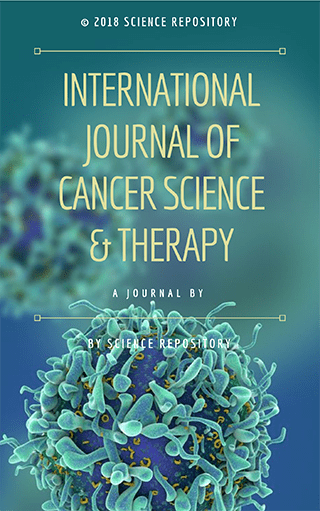
Aims and Scope
International Journal of Cancer Science & Therapy is an open access peer-reviewed journal serving the international scientific community. The journal aims to publish high-quality original articles reporting new information on basic to advanced clinical aspects of cancer science and therapy.
This journal also involved in publishing with time-by-time developments and advances in clinical cancer research, which helps users to understand the severity of the disease and take appropriate precautionary measures at the right time. IJCST publishes the most reliable source of the latest information on cancer research and developments.
IJCST covers a broad scope of topics that includes cancer etiology and epidemiology, cancer prevention, mechanisms, radiation oncology, molecular biology, recent developments in tumor therapy, oncogenes, cancer genetics, apoptosis, cancer pathology, angiogenesis, metastasis, cancer cytology, ovarian cancer, cancer image and interventional diagnosis and therapy, tumor markers, surgical oncology, chemotherapy, radiotherapy, biotherapy and various related cancer research.
All the work at Science Repository is licensed under a Creative Commons Attribution 4.0 International License. Authors at Science Repository retain copyright to their work and allow others to copy, distribute, transmit, and adapt their work, provided proper attribution is given.


This license lets others distribute, remix, tweak, and build upon your work, even commercially, as long as they credit you for the original creation. View License Deed | View Legal Code.
For submission authors can directly submit manuscript to submitmanuscript@sciencerepository.org or submitmanuscript@sciencerepository.net
Manuscripts number will be provided to the corresponding author within 72 hours for the respective manuscript submitted.
- 14 day review process with international peer-review standards
- Timeline of processing from Submission to Publication is 30 days
- Manuscript will be published within 7 days of acceptance
In Press Volume 5, Issue 2
Editor-in-chief
ALESSANDRO POGGI
Molecular Oncology and Angiogenesis Unit
IRCCS AOU San Martino IST National Institute for Cancer Research
Italy
Biography
Dr Alessandro Poggi has been working on cellular and tumor immunology for more than 30 years. He is author of 216 original articles published on indexed journals and he serves as a reviewer of several scientific journals. Starting from his first doctoral degree in Biological Sciences (1982), he worked on functional characteristics of leukocyte subsets. After his Post-Doctoral Fellow training at the Ludwig Cancer Institute in Lausanne, Switzerland (1985-1987), he has been appointed as Assistant Member at the IST (Immunopathology Unit) in Genoa studying natural killer cell development and function, molecular aspects of survival of subsets of leukocytes and the role of mesenchymal stromal and stem cells in tumor microenvironment. In 2000, he has taken his second doctoral degree in Medicine and Surgery. He has got specialization in General Pathology (1986) and Allergy and Clinical Immunology (2004). He has the scientific abilitation as full professor in general and Clinical Pathology as well as in Molecular Biology (2014). From July 2009, he is director of the Molecular Oncology and Angiogenesis Unit at the Ospedale Policlinico San Martino in Genoa. At present, his main research interests are the tumor microenvironment (TME) and regulation of anti-tumor immune response. This focusing on the molecular mechanisms that can be involved in the relieve of immunosuppression mediated by mesenchymal stromal cells (MSC). Very recently, he is setting up a section of digital pathology to study in colon rectal carcinoma MSC in TME and identify markers relevant to trigger the TME to become immunostimulant instead of immunosuppressive. Further, to this aim, he is studying the delivery with nanovectors of immune activating drugs to tumor in three dimensional culture systems.
Editorial board
- Carmen Formisano
- Radosław Mlak
- Lixin Wan
- Isabella Orienti
- Antonella Arcella
- Santoshi Muppala
- Marco Ferrari
- Tarek Mohamed Kamal Motawi
- Alessandro Poggi
- Jae Y. Ro
- Ana Isabel Rocha Faustino
- Farid H. Omoumi
- Tarek Salah-Eldin Aboushousha
Carmen Formisano
Department of Pharmacy
University of Naples FedericoII
Italy
About Me
The scientific activity of Dr. FORMISANO has always been focused on the chemistry of natural substances. In particular she was interested in the chemistry of the diterpenes and sesquiterpenes of plant origin, typical of the Mediterranean basin. The interest shown by many researchers to secondary metabolites, as evidenced by an extensive bibliography, is justified by the complexity and polyfunctionalized of these molecules, which throws fascinating challenges for determining the structure and offers the opportunity to test innovative synthetic methods. In addition, the multiple biological activities that secondary metabolites have been shown to have, has made them attractive targets pharmaceutical industry.
Radosław Mlak
Assistant Professor
Department of Human Physiology
Medical University of Lublin
Poland
About Me
Radosław Mlak, Ph.D. - Assistant Professor in the Department of Human Physiology at Medical University in Lublin. A graduate of a Ph.D. program at the Medical University in Lublin. Doctor in the field of medical sciences. An active member of the Polish Physiological Society. Conducts research, write publications, invited to symposia and scientific conferences in order to give lectures on topics related to molecular markers and genetic predispositions of various diseases, with particular focus on malignant tumors. Head of several research tasks covering the issues of molecular and genetic research in cancer. Co-author of the academic textbook "Handbook of Famine, Starvation, and Nutritient Deprivation." Laureate of numerous scholarships. Belongs to the editorial teams of many scientific journals of national and international scope.
Lixin Wan
Assistant Professor
Department of Cancer Biology
University of South Florida
United States
About Me
Lixin Wan is currently an Assistant Member in the Department of Molecular Oncology at H. Lee Moffitt Cancer Center & Research Institute. He also holds a joint appointment as an Assistant Professor in the Department of Oncologic Sciences of the University of South Florida. Dr. Wan received his Ph.D. from the Institute of Biophysics, Chinese Academy of Sciences prior to his postdoctoral training with Dr. Wenyi Wei at Beth Israel Deaconess Medical Center of Harvard Medical School.
Isabella Orienti
Professor
Department of Pharmacy and Biotechnology
University of Bologna
Italy
About Me
Isabella Orienti obtained her Degree in Pharmacy and Medicinal Chemistry at the University of Bologna in 1984. She became Associate Professor in 1991 and Professor in 2005. She has been the head of the Laboratory of Drug Nanoencapsulation in the Dept. FaBit, the University of Bologna since 1991. Her research interests include nanoencapsulation of antitumor drugs, development of new nanocarrier systems to improve the therapeutic efficiency of tolerable alternative antitumor molecules. She is working in collaboration with many national and international research groups.
Antonella Arcella
Research Chief
Department of Cellular and Molecular Pathology
IRCCS Neuromed
Italy
About Me
I have extensive experience in the molecular biology of brain tumors, for molecular diagnosis (analysis of MGMT gene methylation, LOH analysis of 1p and 10q chromosomes). The experience started at the Laboratory of Prof. Finocchiaro, ISTITUTO Besta Milano. (June 2001) I transferred these molecular biology techniques to the Neuropathology laboratory of the Neuromed Institute, where since 2003 I have been responsible for the molecular section, reporting this type of exam. In the Neuromed Neuropathology laboratory, I have developed models for the study of brain tumors: Model for in vitro study: preparation of glioblastoma cell cultures starting from the mechanical and enzymatic dissection of the patient's biopsy, preparation of glial stem cell cultures. Model for in-vitro study: stereotaxic implantation of glioblastoma cells in the caudate nucleus of nude CD1 mice for the in vivo study of new mechanisms and substances for the blocking of glioblastoma cell growth. In sum, I have extensive experience in molecular biology of brain tumors and in the development of in-vitro and in-vivo models. I am particularly interested in the molecular characterization of gliomas and the association with drug resistance as well as in the evaluation of adjuvant therapies. One important achievement has been the stereotaxic implantation of human glioblastoma cells into nude mice to study the mechanisms underlying the gliomagenesis, which led to the identification of the Praja2 as a good candidate for the blockade of glioblastoma growth.
Santoshi Muppala
Research Associate
Department of Cardiovascular and Metabolic Sciences
Lerner Research Institute, Cleveland Clinic
United States
About Me
I finished my bachelor’s and master’s in Microbiology from Sri Venkateswara University, India. Later I completed a Ph.D. in Cancer Molecular Biology at the University of Heidelberg, Germany in 2014. I joined as a post-doctoral fellow at Cleveland Clinic in the Department of Molecular Cardiology where I am currently continuing as a staff scientist. I have long-standing interests in underlying molecular mechanisms leading to human diseases esp., Angiogenesis, Fibrosis, Atherosclerosis, and Cancer. With specific interests including the role of extracellular matrix proteins (especially thrombospondin-4); the molecular mechanisms of regulation of vascular genes; the mechanisms of accelerated angiogenesis; and the regulation of tumor growth. The focus is to study the role of thrombospondin-4 in the regulation of the above mentioned human diseases in response to growth factors like TGF-beta1.
Marco Ferrari
Assistant Professor
Center for Research in Medical Pharmacology
University of Insubria
Italy
About Me
Ferrari Marco, qualification of pharmacology in 2001 at the University of Pavia, Italy, in 2009 Ph.D. in Pharmacology (University of Insubria, Vares, Italy), in 2006-date Assistant Professor in Pharmacology (University of Insubria). Research interest includes pharmacogenetic study, with a particular interest in the role of polymorphisms in clinical outcomes. Immunopharmacology with particular regard to the molecular mechanisms and the clinical relevance of the neuroendocrine modulation of the immune response. Current research is focussing on the role of genetic factors in the regulation of drug response in diseases such as Parkinson disease, Schizophrenia, Metabolic disorders. Author or co-author of 42 original papers published on peer-reviewed scientific journals indexed in PubMed, Scopus, and ISI-WoS, and of more than 100 communications and lectures mainly in international congresses and meetings. Main appointments include: component as teacher and expert of the Doctoral School in Experimental and Clinical Medicine and Medical Humanities of the University of Insubria; member of the Drug Commission as pharmacology advisor of the S. Anna Hospital, Como, Italy; member Commission Guidance of the University of Insubria; component of the Doctoral School Council in Clinical and Experimental Pharmacology; member of the Ethics Committees of the S. Anna Hospital, Como, Italy. Member of Italian Society of Pharmacology (SIF), and WAGEM - World Association of Genomic Medicine.
Tarek Mohamed Kamal Motawi
Faculty of Pharmacy
Department of Biochemistry
Cairo University
Egypt
About Me
Dr. Tarek Mohamed Kamal Mohamed Metawie, Professor of Biochemistry, Faculty of Pharmacy, Cairo University. Ph.D. in Pharmaceutical Sciences, 1984; M.Sc. in Pharmaceutical Sciences, 1979; B.Sc. in Pharmaceutical Sciences, Faculty of Pharmacy, Cairo University, 1976. Professional experience: Instructor; 1976, Lecturer Assistant; 1980, Lecturer, 1984; Assistant Professor, 1989; Professor,1994; Head of the Department of Biochemistry, Faculty of Pharmacy, Cairo:- 2008-2014.
Alessandro Poggi
Molecular Oncology and Angiogenesis Unit
IRCCS AOU San Martino IST National Institute for Cancer Research
Italy
About Me
Dr Alessandro Poggi has been working on cellular and tumor immunology for more than 30 years. He is author of 216 original articles published on indexed journals and he serves as a reviewer of several scientific journals. Starting from his first doctoral degree in Biological Sciences (1982), he worked on functional characteristics of leukocyte subsets. After his Post-Doctoral Fellow training at the Ludwig Cancer Institute in Lausanne, Switzerland (1985-1987), he has been appointed as Assistant Member at the IST (Immunopathology Unit) in Genoa studying natural killer cell development and function, molecular aspects of survival of subsets of leukocytes and the role of mesenchymal stromal and stem cells in tumor microenvironment. In 2000, he has taken his second doctoral degree in Medicine and Surgery. He has got specialization in General Pathology (1986) and Allergy and Clinical Immunology (2004). He has the scientific abilitation as full professor in general and Clinical Pathology as well as in Molecular Biology (2014). From July 2009, he is director of the Molecular Oncology and Angiogenesis Unit at the Ospedale Policlinico San Martino in Genoa. At present, his main research interests are the tumor microenvironment (TME) and regulation of anti-tumor immune response. This focusing on the molecular mechanisms that can be involved in the relieve of immunosuppression mediated by mesenchymal stromal cells (MSC). Very recently, he is setting up a section of digital pathology to study in colon rectal carcinoma MSC in TME and identify markers relevant to trigger the TME to become immunostimulant instead of immunosuppressive. Further, to this aim, he is studying the delivery with nanovectors of immune activating drugs to tumor in three dimensional culture systems.
Jae Y. Ro
Professor, Weill Medical College of Cornell University
Department of Pathology and Genomic Medicine
Director of Surgical Pathology, Department of Pathology and Genomic Medicine, Methodist Hospital, Houston
United States
About Me
After completing my fellowship at MD Anderson Cancer Center (MDACC) in the Department of Pathology; in 1985, I was named instructor in that department, and was promoted to assistant professor, associate professor, and professor over the following 7 years. I left MDACC in 1998 to become Chairman and Director of the Department of Pathology at the Asan Medical Center, Ulsan University, Seoul, Korea, but returned the next year, assuming my past duties as Co-director of the Fellowship Training Program and Chief of Pulmonary and Mediastinal Pathology at the MDACC. I retired from MDACC in October 2001 and returned to the Asan Medical Center as a Chairman and Director of the Department of Pathology until I joined Houston Methodist Hospital in March 2005. I have served on many professional organizations, including the Korean-American Society of Pathology (for which he was chairman from 1996 to 1998), Korean Society of Pathology (for which he was vice-president from 2004-2005), American Society of Clinical Pathologists, College of American Pathologists, International Academy of Pathology and United States and Canadian Academy of Pathology. I have published over 740 papers in the highest quality peer-reviewed journals and presented more than 450 abstracts at national and international scientific meetings. He also published six textbooks and more than 25 book chapters and teaching manuals. I have served as a guest lecturer in the United States and abroad. My main research interests include studies on the pathogenesis of genitourinary and lung tumors including prevention and the identification of prognostic factors. For these purposes, molecular and tissue microarray techniques have been used. These studies are primarily translational research, as the findings are based on surgical specimens submitted to Houston Methodist Hospital.
Ana Isabel Rocha Faustino
Faculty of Veterinary Medicine
Lusophone University of Humanities and Technologies
Portugal
Farid H. Omoumi
Research Assistant
The University of Oklahoma
United States
Tarek Salah-Eldin Aboushousha
Professor
Department of Surgical Pathology
Theodor Bilharz Research Institute
Egypt
Current Issue Volume 5, Issue 1
Submit Manuscript
You can submit your manuscript at Science Repository. Authors submit manuscript files and metadata & can request for revision. Editors use the system to review submissions, assign to reviewers, and make and communicate decisions to accept, revise, transfer or reject manuscripts. Reviewers are invited to work on manuscripts, can accept or reject assignments.
For submission authors can directly submit manuscript to submitmanuscript@sciencerepository.org or submitmanuscript@sciencerepository.net
Manuscripts number will be provided to the corresponding author within 72 hours for the respective manuscript submitted.
- 14 day review process with international peer-review standards
- Timeline of processing from Submission to Publication is 30 days
- Manuscript will be published within 7 days of acceptance
Publication Charges
International Journal of Cancer Science & Therapy is an Open Access journal and we do not charge the end user when accessing a manuscript or any article. This allows the scientific community to view, download, distribution of an article in any medium, provided that the original work is properly cited, under the term of "Creative Commons Attribution License".
In line with other open access journals we provide a flat fee submission structure on the acceptance of a peer-reviewed article which covers in part the entirety of the publication pathway (the article processing charge). The process includes our maintenance, submission and peer review systems and international editing, publication and submission to global indexing and tracking organisations and archiving to allow instant access to the whole article and associated supplementary documents. We also have to ensure enough investment to secure a sustainable model which ethically, legally and financially stable.
The publication charge for International Journal of Cancer Science & Therapy is £ (GBP) 1099.
Frequently Asked Questions (FAQs)
Why do we charge?
All articles published in Science Repository are open access. Open Access publishing implies that all readers, anywhere in the world, are allowed unrestricted to full text of articles, immediately on publication in Science Repository Journals. The Article Publication Charges pay for the editorial and production costs of the journal, for hosting the website, publishing articles online, preparing HTML , PDF and XML versions of the articles and submitting the articles in electronic citation database like CrossRef.
Our financial goals are to:
- Maintain the portal for best experienece
- Recover capitalization cost
- Produce sufficient revenue to allow for a sustainable and scalable publishing program, under continuous development
- Although we charge the minimum possible but we will reduce the publication-charge cost downward over time.
When should I pay?
Corresponding author or the paying institutions should arrange for the payment once they are notified regarding acceptance of the article. APC is exempted for cases in which a wavier agreement has been made in-prior to submission.
*We request an immediate attention towards the payment as the articles will not be published unless the charges have been paid.
Who will pay the APC (Article Processing Charges)?
Corresponding author or Co-authors has to make the payment on acceptance of the article.
How do I pay?
Authors or institutions can make payments by two modes as per their convenience.
- Online Card payment
Note: No taxes are included in this charge, taxes will be applicable as per the policies of the country of the payee. Additional transaction gateway charges may be levied on the payee.
Do I have to pay if my manuscript is rejected?
No, Article processing charges will not be applicable for articles rejected by the Editorial office.
Can I be eligible for wavier on APC?
The waiver request will be considered on a case-by-case basis, and will be provided accordingly.
*The Waiver requests must be made during the submission process and will not be accepted after processing of the manuscript.
Withdrawal Charges
Please check our Refund Policy
Are reprints of my article included in the article processing charges (APCs)?
No, Article processing charges (APCs) do not include the charges for the reprints. Reprints facility is optional and should be order separately.
For more details you can refer to FAQs or contact us support@sciencerepository.org

